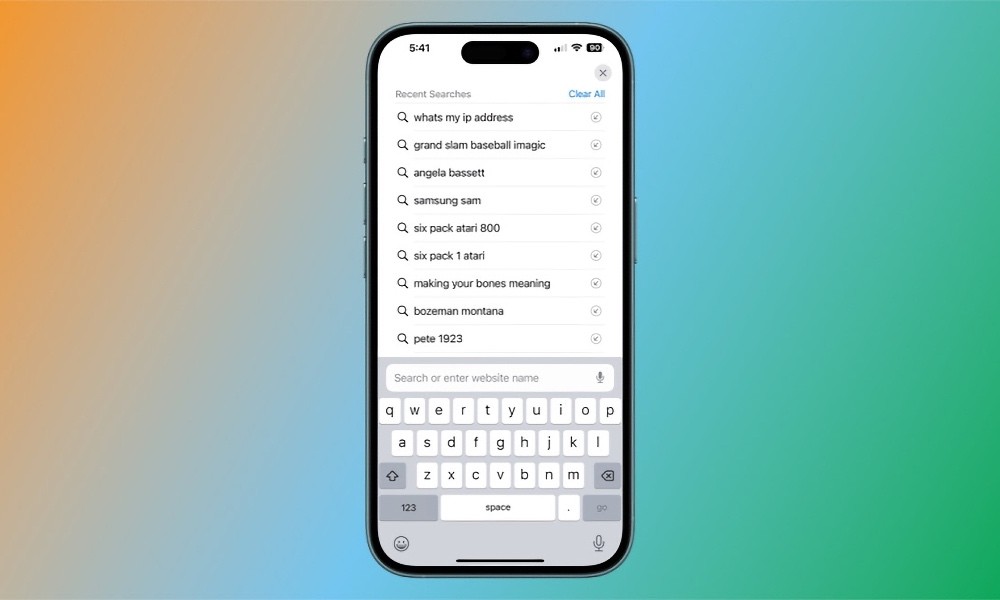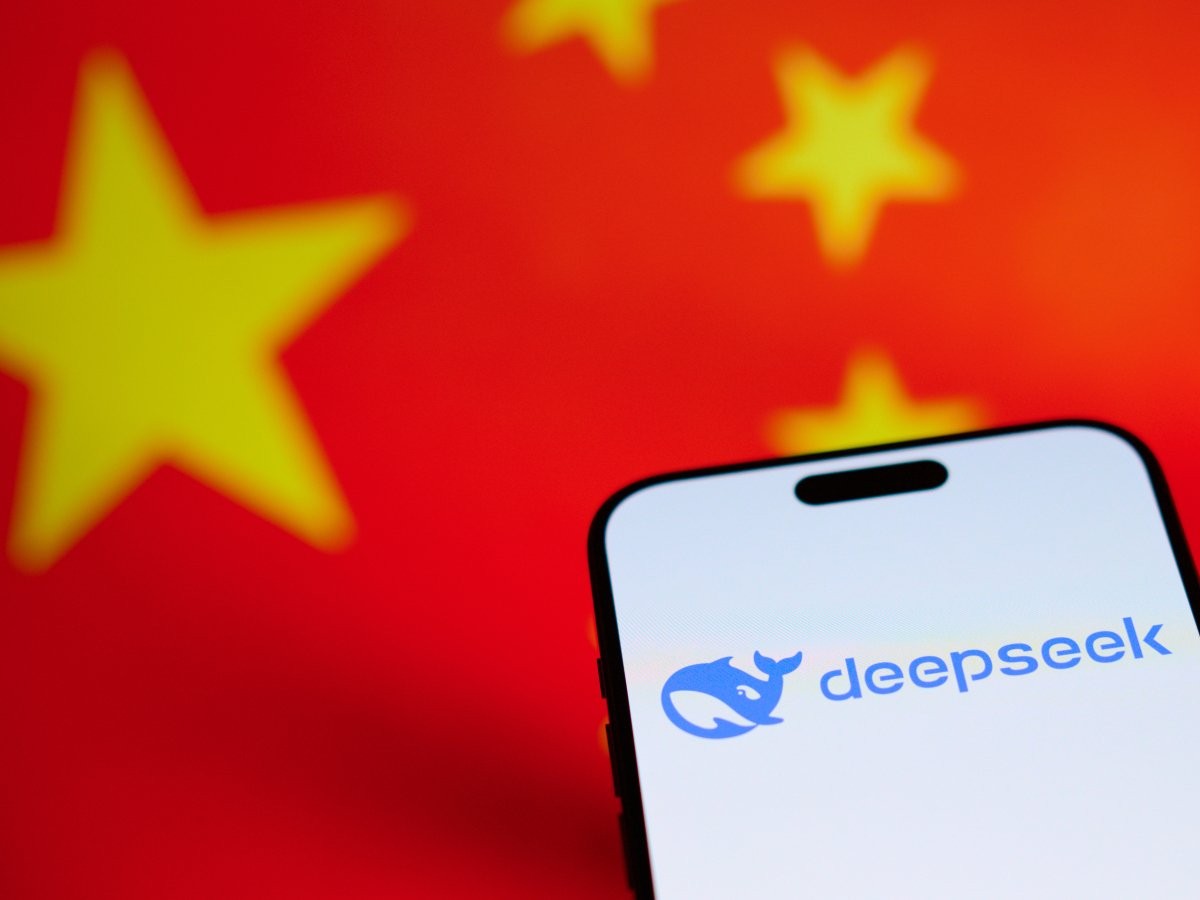Safari Privacy Enhancement: iOS 18.4 Beta Introduces Recent Search Toggle
Apple's latest iOS 18.4 beta now lets users disable the 'Show Recent Searches' feature in Safari, addressing privacy concerns. The update, arriving in early April, also brings new emoji, enhanced notifications, and Vision Pro integration.
Apple to Launch Age Verification System for Social Media Apps on iOS Devices
Apple is developing a groundbreaking age verification API that will help social media platforms identify underage users on iPhones and iPads. The system will allow apps to verify if users are under specific age thresholds while maintaining privacy and parental controls.
UK Government Demands Global Backdoor Access to Apple's Encrypted iCloud Data
British authorities have issued a secret order requiring Apple to create a backdoor for accessing encrypted iCloud backups of users worldwide. The unprecedented move could force Apple to choose between compromising user privacy globally or discontinuing encryption features in the UK.
Trust Crisis Deepens: US Teens Challenge Big Tech's Ethics and Privacy Practices
A revealing study by Common Sense Media shows 64% of American teenagers distrust major tech companies' commitment to user well-being, with concerns spanning privacy, ethics, and AI safety. The findings indicate a generation actively questioning tech industry motives, with strong support for increased regulation and transparency.
Italy Blocks DeepSeek AI App Over Data Privacy Concerns
Italian regulators have removed DeepSeek, a Chinese AI chatbot, from Apple and Google app stores amid data protection concerns. The action requires DeepSeek to explain its data handling practices within 20 days, particularly regarding user information stored on Chinese servers.
LinkedIn Premium Users Sue Platform Over Alleged AI Training Data Privacy Breach
LinkedIn faces a class-action lawsuit from Premium subscribers who claim their private messages were shared without consent for AI model training. The legal battle unfolds as LinkedIn denies allegations while simultaneously becoming involved in a major AI infrastructure venture.
Google Eases Device Fingerprinting Restrictions in Quiet Policy Update
Google has quietly reversed its stance on digital fingerprinting, now permitting advertisers to track users through device identifiers. This significant policy shift enables enhanced user tracking capabilities while raising fresh privacy concerns, highlighting the ongoing tension between advertising practices and user privacy.
Apple Reinforces Privacy-First Approach with Siri's Advanced Data Protection Features
Apple details its comprehensive privacy measures for Siri, highlighting on-device processing and Private Cloud Compute technology. The company maintains its commitment to user privacy while advancing AI capabilities, refusing to use Siri data for marketing or third-party purposes.
Apple Denies Selling Siri Data Amid $95M Privacy Settlement
Apple firmly maintains its commitment to user privacy, stating Siri data has never been sold or used for marketing despite a recent lawsuit settlement. The company implemented enhanced privacy measures in 2019 and affected users may receive compensation up to $20 per device.
Apple Faces Backlash Over Silent AI Photo Analysis Feature Rollout
Apple's automatic enrollment of users into Enhanced Visual Search feature sparks privacy concerns as photos are analyzed without explicit consent. The controversial move contradicts Apple's privacy-focused marketing stance, while data retention issues persist even after opting out.









